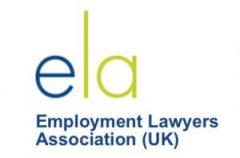SERVICES
FOR INDIVIDUALS
ESTATE PLANNING IN READING & HENLEY INCLUDING WILLS, TRUSTS & MORE
We have acted for many of our clients and their families for a number of generations, advising them on Wills, lasting powers of attorney, estate administration and lifetime tax planning through the setting up of trusts and other opportunities to achieve asset protection for your family.
Our clients are at the heart of everything we do. We have a particular reputation for excellent client care, and we will take the time to understand your priorities and objectives, delivering advice and documentation which is suited exactly to your individual circumstances. We aim to create flexibility and longevity in our documents, to ensure you get good value for money. To view information on our Estate Administration fees please click here.
The team has a wealth of experience and includes members who have undergone specialist training to become full members of the Society of Trust and Estate Practitioners (STEP) and The Association of Lifetime Lawyers (formally known as Solicitors for the Elderly). This means clients can have confidence that the team has the specialist knowledge and skills required to advise you and your family.
We have offices in Henley-on-Thames and Lower Earley. Our Lower Earley office offers the convenience of on-site parking and easy access, which is a benefit for those not wanting to battle with the Reading traffic. In Henley, we have a town centre location within easy walking distance of the local shops.













